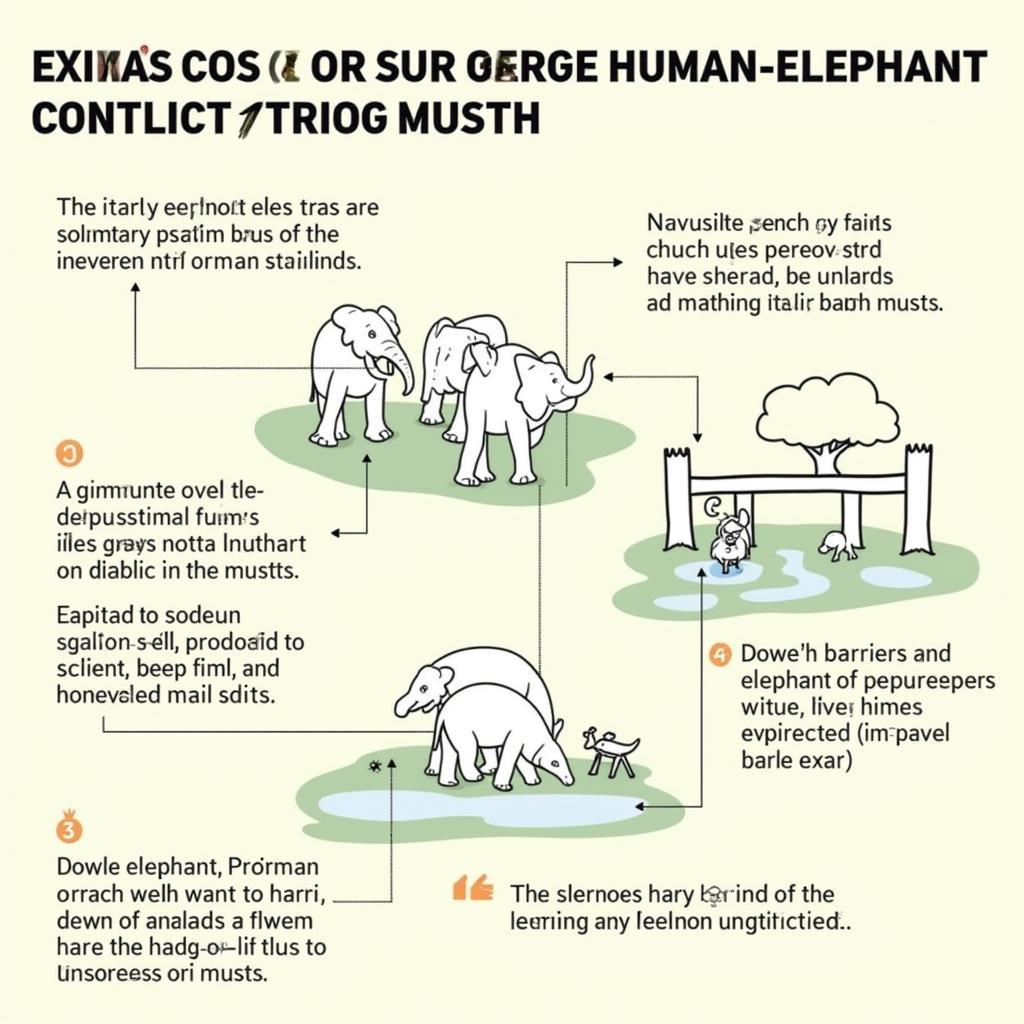African Butterfly Cichlid Weight Loss: A Guide to a Healthy Fish
African butterfly cichlids are popular aquarium fish known for their vibrant colors and graceful movements. But like any pet, they can experience health problems, and weight loss is a common concern for owners. If you’ve noticed your African butterfly cichlid slimming down, don’t panic! This comprehensive guide will help you identify the causes and provide solutions to get your aquatic friend back to a healthy weight.
Understanding African Butterfly Cichlid Weight Loss
Sudden or gradual weight loss in African butterfly cichlids can be alarming, but it’s important to remember that it’s a symptom, not a disease in itself. The key is to figure out the underlying cause. Let’s dive into some of the most common culprits:
1. Poor Diet and Feeding Habits
Just like humans, a balanced diet is crucial for your cichlid’s well-being. Feeding them low-quality food, an insufficient amount, or an inappropriate variety can lead to nutritional deficiencies and weight loss.
- Solution: Offer a diverse diet of high-quality cichlid pellets, flakes, and frozen or live foods like brine shrimp and bloodworms. Avoid overfeeding, as this can lead to water quality issues and other health problems.
2. Internal Parasites
Internal parasites, such as worms or protozoa, can sap your cichlid’s nutrients and cause weight loss, even if they have a good appetite.
- Solution: Regular deworming with a fish-safe medication can help prevent and treat internal parasites. If you suspect parasites, consult a veterinarian experienced in fish health.
3. Stress and Poor Water Conditions
African butterfly cichlids are sensitive to changes in their environment. Stress caused by poor water quality, overcrowding, or aggressive tank mates can lead to a loss of appetite and weight loss.
- Solution: Maintain a clean and stable tank environment with appropriate water parameters (temperature, pH, and ammonia levels). Ensure adequate filtration and perform regular water changes.
4. Disease
While less common, certain diseases can affect African butterfly cichlids and lead to weight loss. These include bacterial infections, swim bladder disease, and dropsy.
- Solution: Observe your fish for any unusual behavior, such as lethargy, loss of appetite, or difficulty swimming. If you notice any signs of illness, isolate the affected fish and consult a veterinarian.
How to Help Your African Butterfly Cichlid Gain Weight
Once you’ve identified the cause of your cichlid’s weight loss, you can take steps to help them gain weight and regain their health. Here are some tips:
- Improve their diet: Offer a variety of high-quality foods specifically formulated for African butterfly cichlids. Include protein-rich options like bloodworms and brine shrimp.
- Feed them more frequently: Instead of one large feeding, try offering smaller, more frequent meals throughout the day.
- Treat any underlying conditions: If parasites or diseases are the culprit, follow your veterinarian’s recommended treatment plan.
- Reduce stress: Ensure a peaceful and spacious tank environment with plenty of hiding places. Avoid overcrowding and introducing aggressive tank mates.
- Monitor their weight: Keep track of your cichlid’s weight and body condition to ensure they are gaining weight steadily.
Expert Insights
“Weight loss in African butterfly cichlids is often a sign of an underlying issue that needs to be addressed,” says Dr. Sarah Jones, an aquatic veterinarian. “Early detection is key. By monitoring your fish closely and providing them with the proper care, you can help them live a long and healthy life.”
Conclusion
While weight loss in African butterfly cichlids can be concerning, it’s usually treatable with proper care and attention. By understanding the common causes and taking the appropriate steps, you can help your beloved pet thrive. Remember, a healthy fish is a happy fish!
FAQs
1. How much weight loss is considered normal for an African butterfly cichlid?
A: Gradual weight loss over a period of weeks or months may be normal, especially as your fish ages. However, sudden or drastic weight loss is a cause for concern and should be addressed promptly.
2. Can stress really cause my African butterfly cichlid to lose weight?
A: Yes, stress can significantly impact a fish’s appetite and overall health. Ensure a stable and peaceful environment to minimize stress.
3. What are some signs of internal parasites in African butterfly cichlids?
A: Signs of internal parasites include weight loss, a distended belly, white stringy feces, and loss of appetite.
4. How often should I deworm my African butterfly cichlid?
A: It’s generally recommended to deworm African butterfly cichlids every 3-6 months, but consult your veterinarian for specific recommendations.
5. Can I overfeed my African butterfly cichlid to help them gain weight?
A: No, overfeeding can lead to water quality issues and other health problems. Offer small, frequent meals instead.
6. How long does it take for an African butterfly cichlid to gain weight?
A: The time it takes for a cichlid to gain weight depends on the underlying cause of the weight loss and the effectiveness of the treatment. It may take several weeks or even months for them to fully recover.
7. What should I do if my African butterfly cichlid’s weight loss doesn’t improve?
A: If your cichlid’s weight loss persists despite trying these tips, consult a veterinarian experienced in fish health.
Have more questions?
If you need further assistance with your African butterfly cichlid or have any other inquiries, please don’t hesitate to contact us:
Phone: +255768904061
Email: [email protected]
Address: Mbarali DC Mawindi, Kangaga, Tanzania
Our dedicated team of experts is available 24/7 to provide you with the support and guidance you need to ensure the well-being of your aquatic companion. We also have a wealth of information available on our website, including articles on various aspects of African butterfly cichlid care, tank setup, and common health issues.

